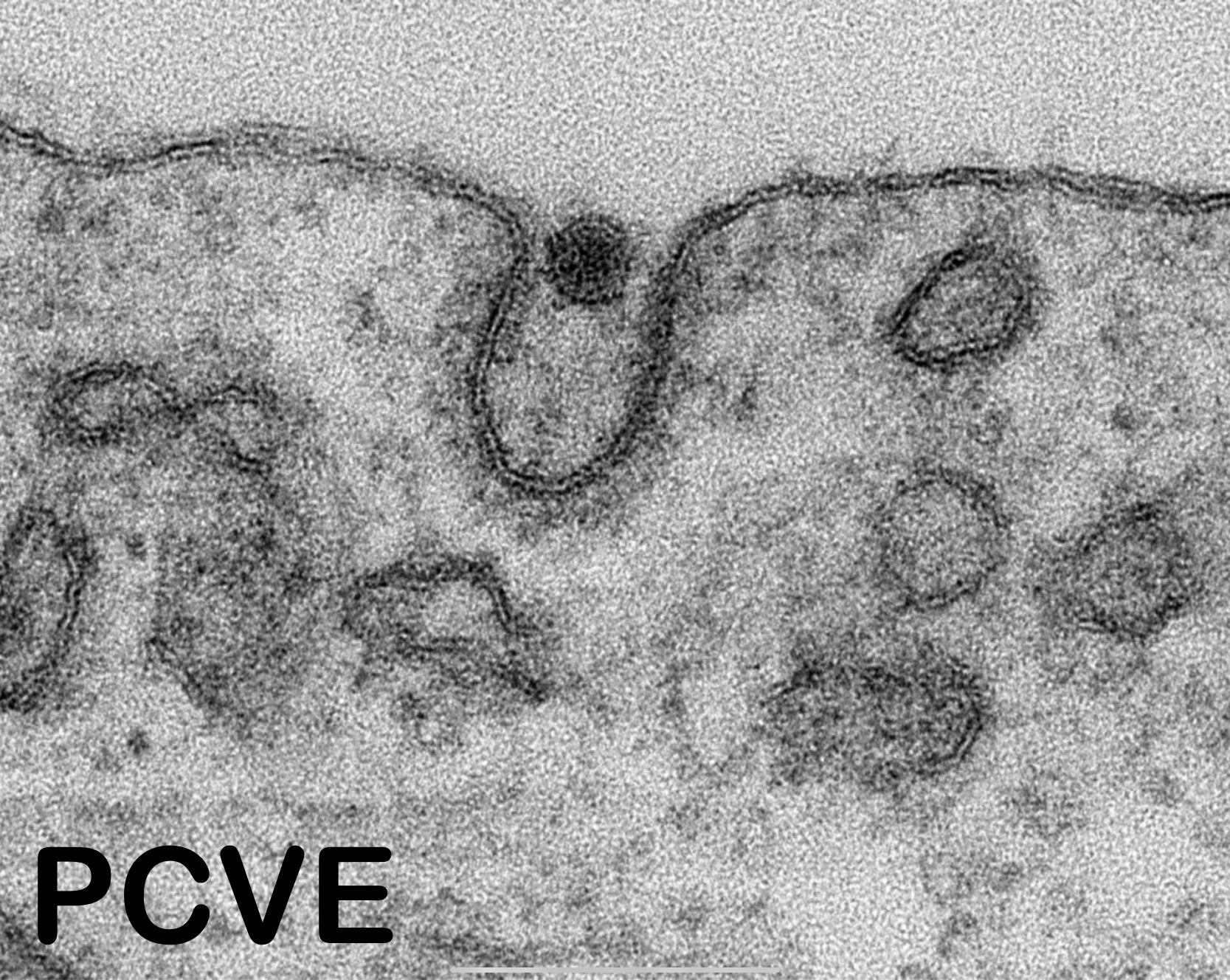Prevention and Control of Emerging Viruses (PCVE) 13th Edition (4.6/5)
The course is aimed at professionals in virology, biotechnology, health personnel, undergraduate and postgraduate students in science (Medicine, Veterinary Medicine, Biology, Biotechnology, among others), FP technicians (in biomedical and quality control laboratories) and those interested in Emerging viruses and their control. It covers everything from the fundamentals of virology to the analysis of emerging viruses, their spread factors and prevention measures.
goals
- Understand the basic concepts of virology, with emphasis on emerging viruses.
- Analyze factors that contribute to the appearance of emerging viruses.
- Study representative virus cases (SARS-CoV-2, Influenza, West Nile, Zika).
- Address diagnostic strategies, vaccines and antivirals.
- Explore the potential of viruses in bioterrorism and biosecurity.
Agenda
- Brief history of Virology
- Viruses: basics
- Emerging viruses (zoonoses): Factors involved in their appearance and expansion and modes of transmission
- The coronavirus family and SARS-CoV-2
- The flu virus
- West Nile virus
- El virus Zika
- Prevention and prophylaxis: diagnosis
- Prevention and prophylaxis: vaccines
- Prevention and prophylaxis: antivirals
- Viruses and bioterrorism
- Working conditions with emerging viruses: biosafety
An accessible and enjoyable agenda has been prepared, suitable for participants with different backgrounds. The course is taught by a PhD in Biochemistry and Molecular Biology with extensive experience in virology and biotechnology.
If you want to know more details about the course you can send an email to Ana M. García (ana.garcia.ruiz@upm.es).

Prevention and Control of Emerging Viruses (PCVE) 13th Edition (4.6/5)
| SEM Members Price: | 150€ |
| Price Partners AEBioS, SEIMC, COBCM, SEBiot:: | 200€ |
| General public price: | 250€ |
| Start date: | 01/10/2026 |
| End date: | 30/12/2026 |
| Online course: | Go to Virtual Classroom |
| Deadline for registration: | 28/09/2026 |
Request more information
Fill in this form and we will contact you to offer you the information you need.



